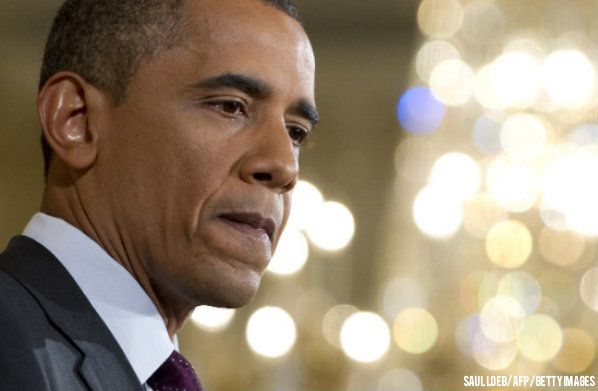The biggest recent controversy in ObamaCare-land are the statewide "exchanges." States have until this Friday to say whether they will construct their own exchanges (read: bureaucracies) or whether the federal government will have to step in. This deadline has been extended at least twice, because some states have been dragging their feet – or downright rejecting the Administration's push for compliance.
And good for them. The states who are rejecting the "exchanges" are standing up to the federal government, essentially saying, "No, we will not cooperate with the establishment of this new bureaucratic office." The exchanges are vital to the law: They are both the distribution vehicle for a trillion dollars in subsidies and tax credits in the law, and a collection mechanism for the employer penalties triggered by failure to offer employers "affordable" and "adequate" insurance. If a state fails to establish its own exchange, the federal government assumes complete responsibility for the operaiton of that state's exchange.
In a recent 300+ page release of ObamaCare regulations, a new 3.5 percent "user fee" has shown up, but particularly for people who buy their insurance through a federally-operated exchange. It's as if the Obama Administration – in a flaunting of executive power – is saying "That's what you get" to states who've rejected exchanges. This user fee will no doubt be tacked on to the premiums of people in those states. It's as if they were on Obama's naughty list, and this 3.5 percent user fee is their lump of coal.
Michael Cannon at the Cato Institute shares in detail some of his thoughts about this latest "creative" move from HHS.
I would suggest that this kind of intimidation from the Administration might impact states' decisions this week to declare as "establishing" or "non-establishing," but the lines in the sand are already pretty much drawn. Only eight states have yet to decide.


